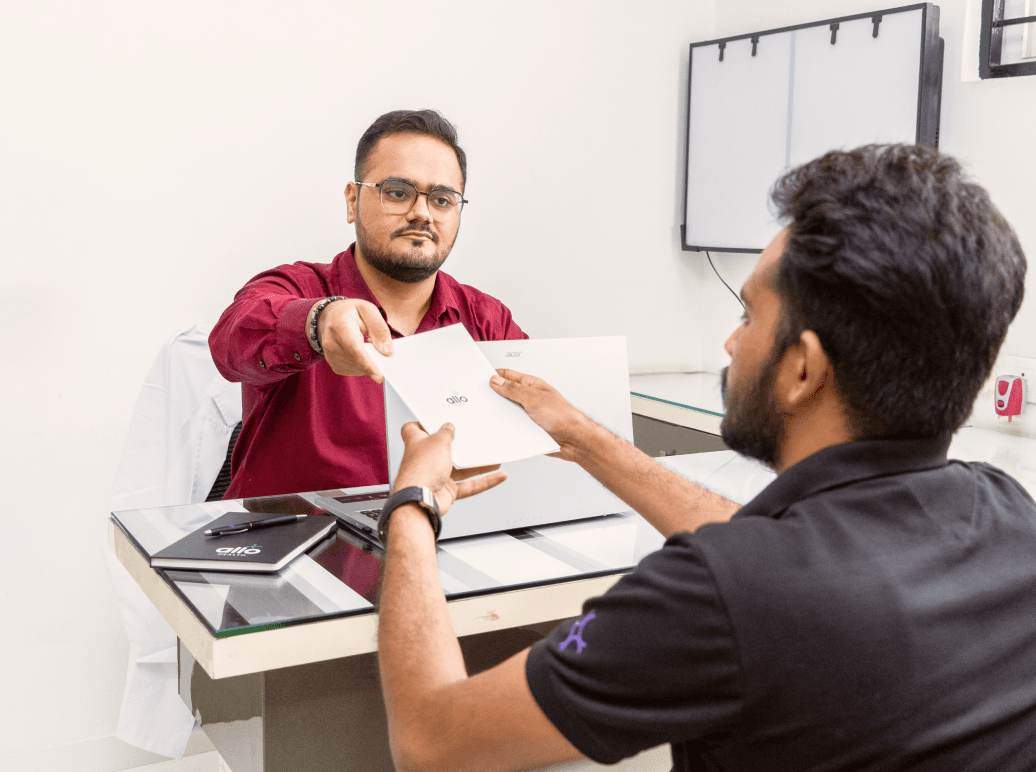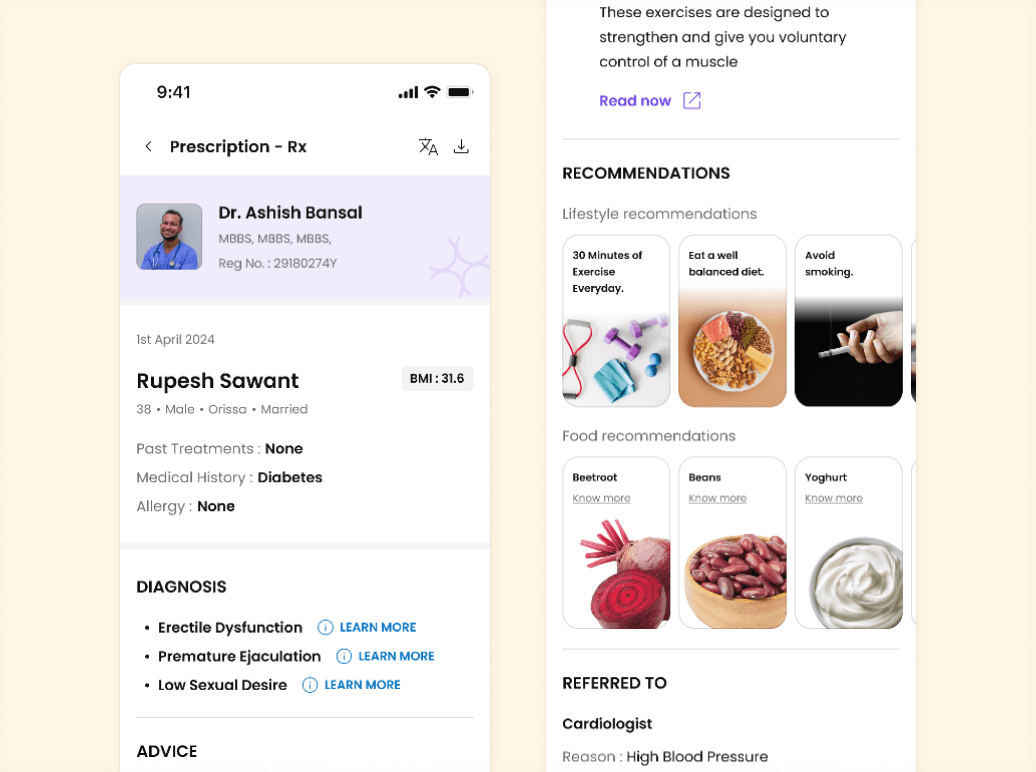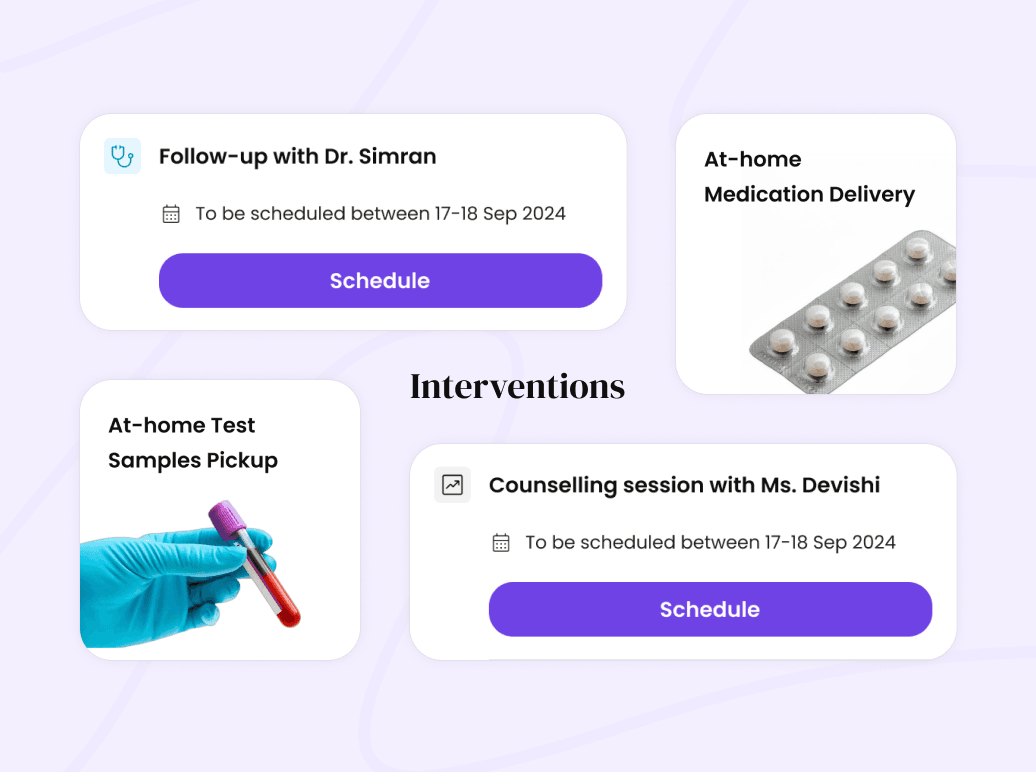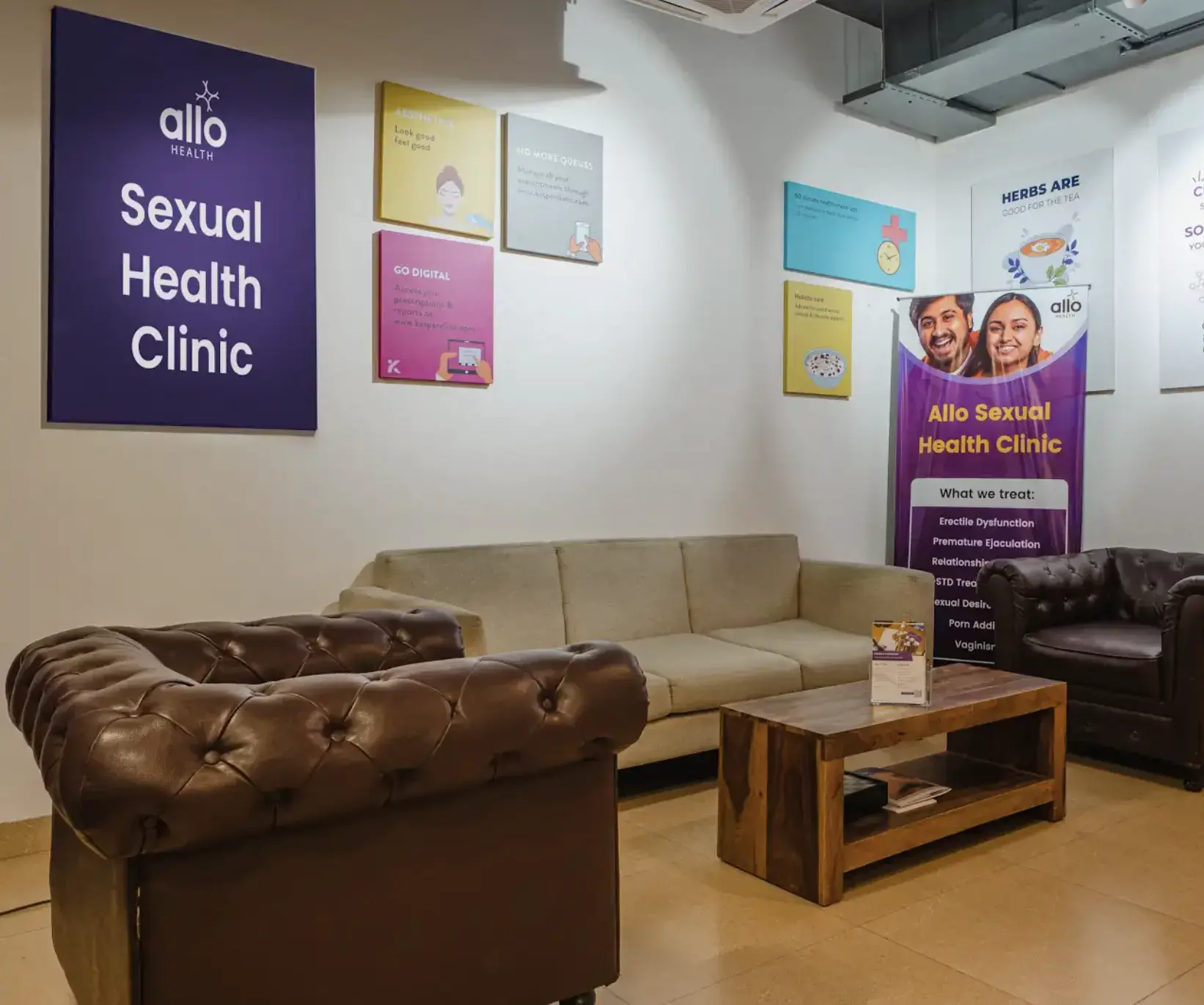Comprehensive Evaluation
We start with a detailed evaluation to understand your unique situation. This involves a thorough discussion of your medical history, symptoms, and lifestyle.
Detailed medical history and symptom review
Targeted diagnostic testing, if necessary.
Exploration of psychological and relationship factors.
Initial consultation: 45-60 minutes






